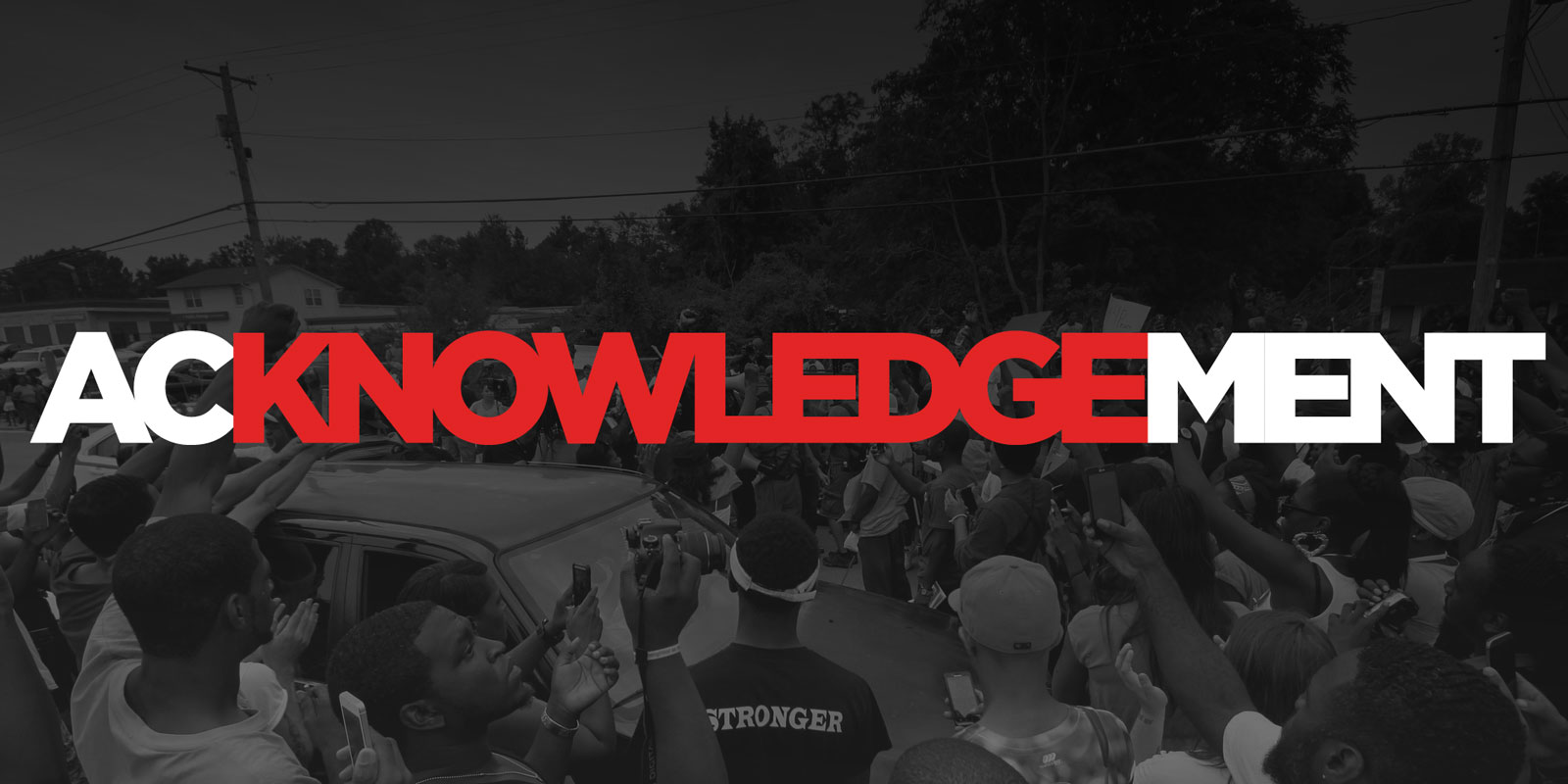Since being announced, the Ferguson grand jury decision has sparked violent protests, disillusionment with the legal system, and heated debate among friends at the office water cooler.
“An offended brother,” suggests the ancient writer of the Book of Proverbs, “is like a fortified city” (Prov. 18:19).
The grand jury’s decision not to indict a white officer has further entrenched Americans—often along racial lines—into rhetorical bunkers.
After the announcement, one protester stated, “It feels like the lynchings that happened in the last century. Racial profiling is the 21st-Century lynching of black males. We need to call it what it is.”
Yet, what it is—a justified shooting by a white officer or yet another tragic death of an unarmed black youth—is what propels people into fortified positions.
Where to Start When Talking About Ferguson
From a communication standpoint, what’s to be done? Our first response should not be to debate, but to acknowledge.
“It feels like the lynchings that happened in the last century.” Do you feel his pain? Whether the analogy is correct is not important at the start of a conversation. What’s important is to initially acknowledge the depth of pain and anger.
Start Your Conversations with Compassion
Psychologists and communication theorists agree that acknowledgement is the most powerful form of confirmation. To listen to another is to love another. Why are many of us so reluctant to acknowledge the feelings, or perspective of others? We mistakenly equate acknowledgment with condoning.
To acknowledge the anger, pain, and hurt of the Ferguson protestors is to begin the conversation with compassion, rather than evaluation, or debate. In doing so, we can start a positive, rather than negative communication spiral.
As you formulate your own views about Ferguson, keep in mind one of the central rules of communication: if we want people to acknowledge our perspective, then we must start with acknowledgment of theirs.
More from Tim Muehlhoff…
References

